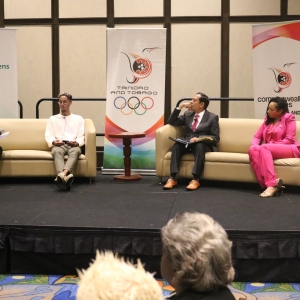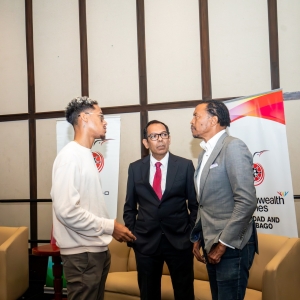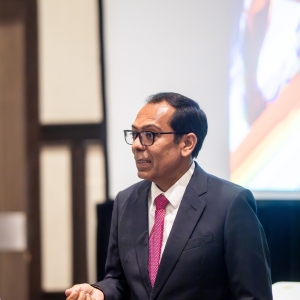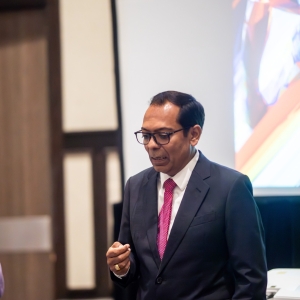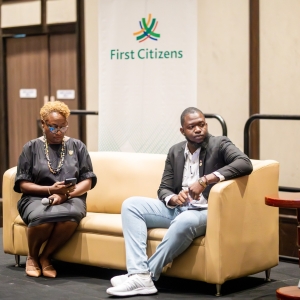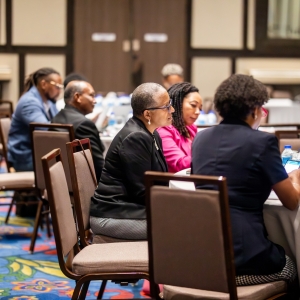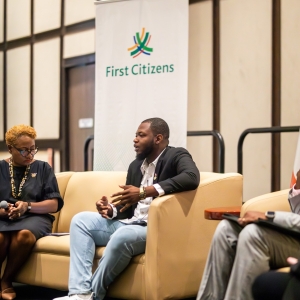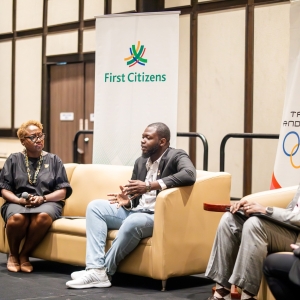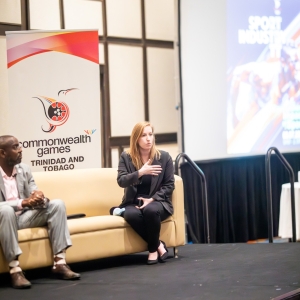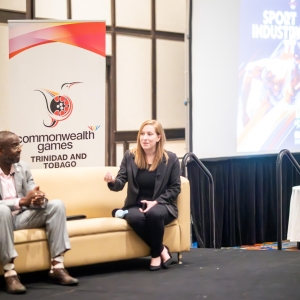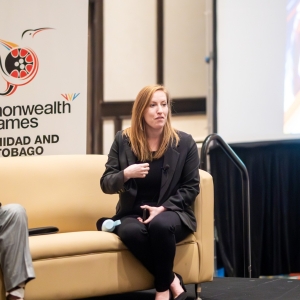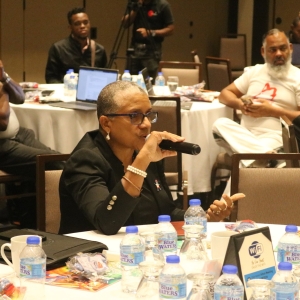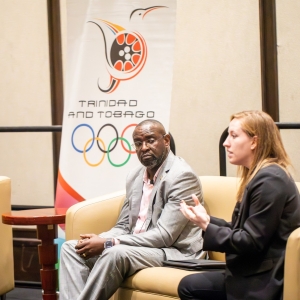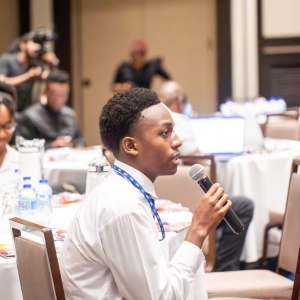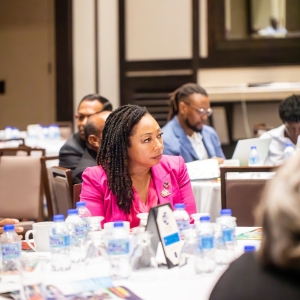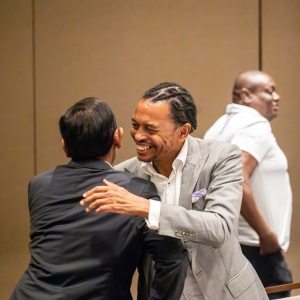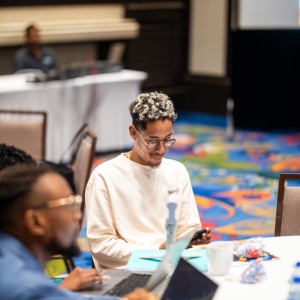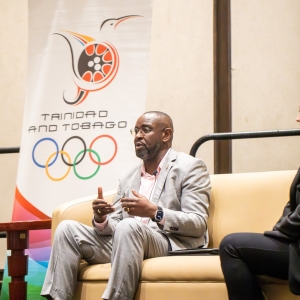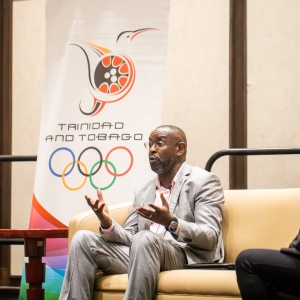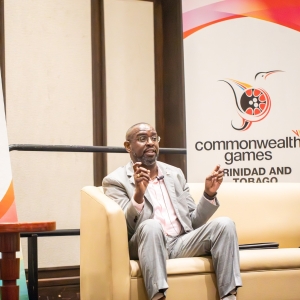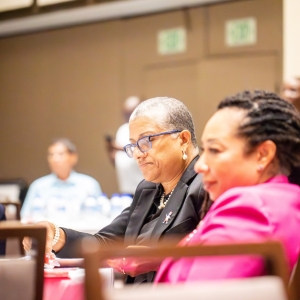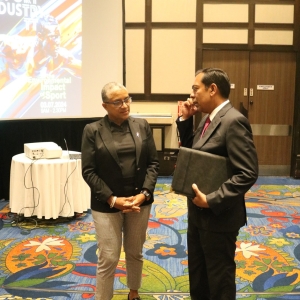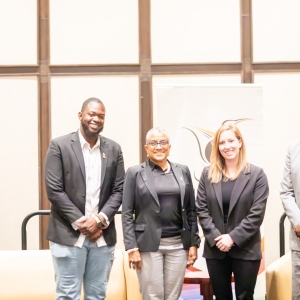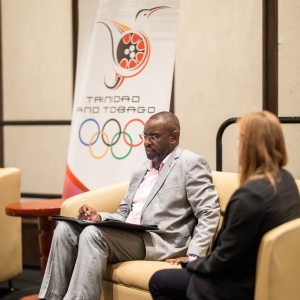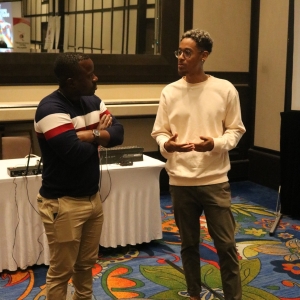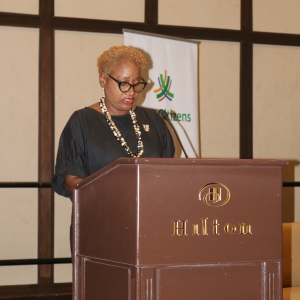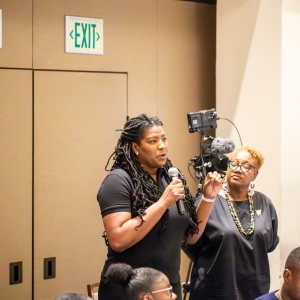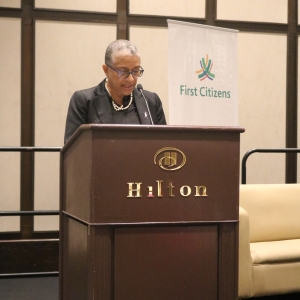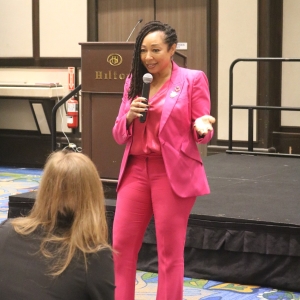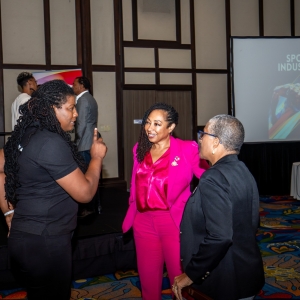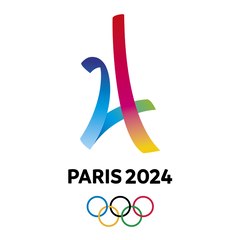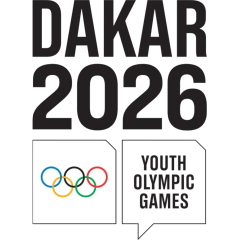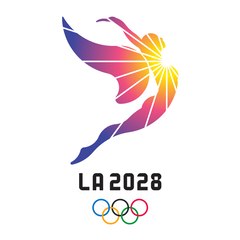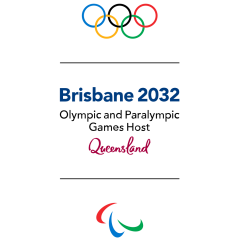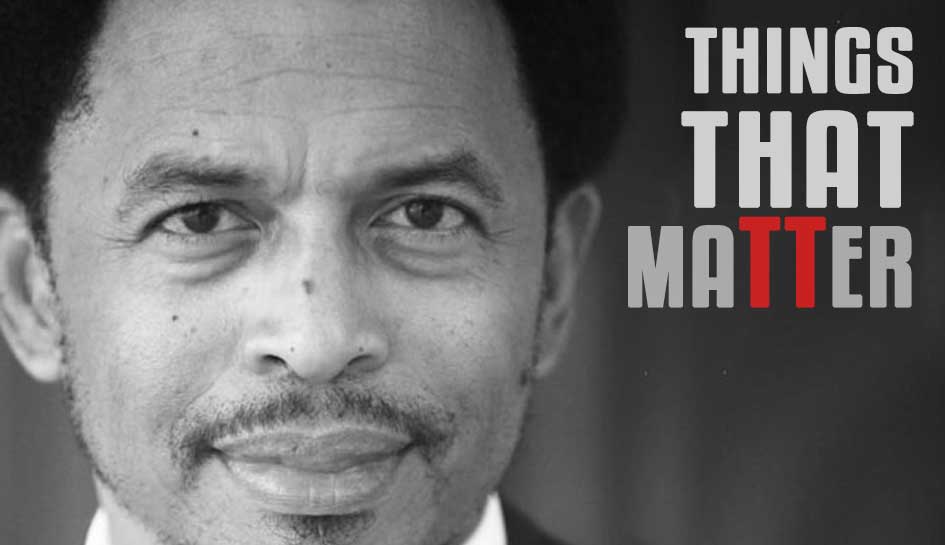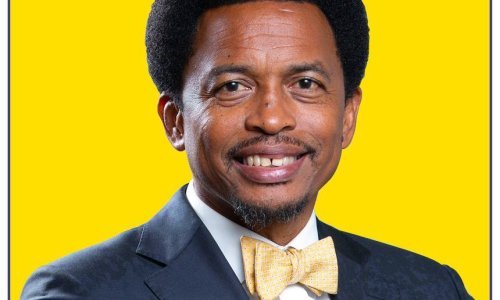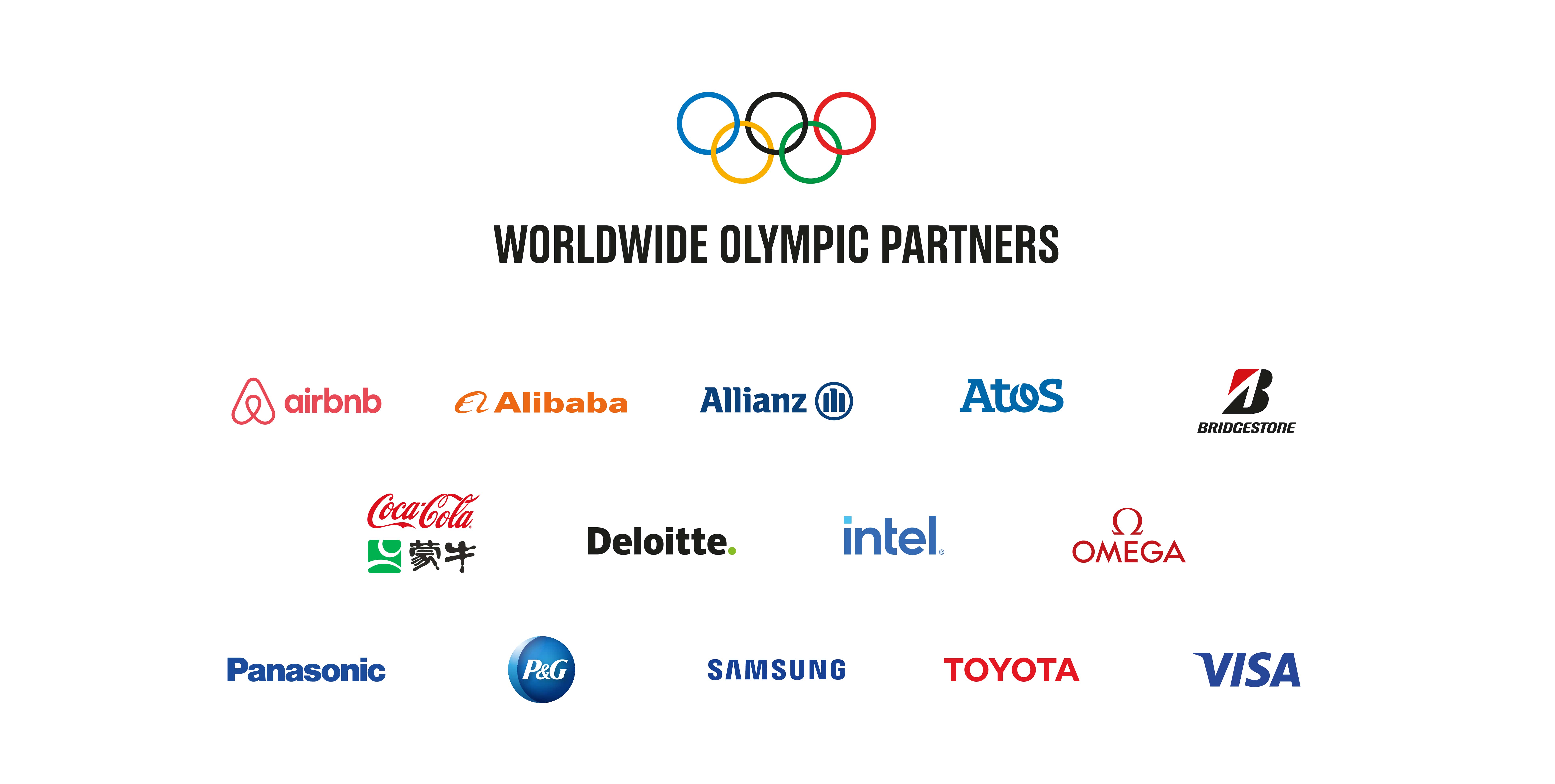Peter Hamlyn, a leading consultant neurosurgeon has urged the Boxing Board of Control to instruct its licensed referees to follow stricter procedures and stop fights sooner in the wake of Nick Blackwell being placed into an induced coma after suffering a small bleed on his brain following his British middleweight title fight with Chris Eubank Jnr.
Blackwell was visited by his promoter Mick Hennessy yesterday and reports last night were that the 25-year-old boxer was still “stable” at St Mary’s Hospital in Paddington, where he was admitted less than an hour after the contest on Saturday night.
The brain pressure inside Blackwell’s skull is being monitored on a 24-hour basis and there is optimism from the camp that it will return to normal and, if subsequent scans appear healthy, physicians will reverse the anaesthesia and eventually wake him up.
• Nick Blackwell 'on course to recover', according to fellow boxer
But Hamlyn, who operated on Michael Watson after he suffered near-catastrophic brain injuries in a bout for the World Boxing Organisation middleweight crown against Chris Eubank Snr in 1991 at White Hart Lane, maintains that the fight “should have been stopped earlier” than the 10th round, when referee Victor Loughlin called in the ringside physician to examine a large haematoma above the boxer’s left eyebrow. “From all the data we have looked at, post-Michael Watson, what we found was that title fights are the high-risk fights,” Hamlyn told The Daily Telegraph yesterday. “By definition these are the most dangerous fights, and the ones that should be being stopped early.
“These guys are really hard. Fighters like Blackwell don’t get knocked out. Title fights are over-represented by fighters ending up in hospital. They are guys by definition who hit harder, and they can defend themselves when they are fresh, but what you can’t do is keep your head rock solid or your neck rock solid as you tire so you get much more harmful punches.When you saw the nature of the punches that Eubank was landing, they were causing violent movement of Blackwell’s head and that’s when you get the sheering and tearing of blood vessels and damage. By the time they stopped it in the 10th round, Blackwell could not defend himself and was partially-sighted.”
Robert Smith, General Secretary of the Boxing Board of Control, insisted yesterday that changing guidelines could be problematic, but added: “The fighter’s safety is always paramount. That is what referees are instructed to do, and a referee should perform in exactly the same way in a four-round fight as he does in a 12-round [title] fight. Boxing is a tough sport, and there are inherent risks, and we will never get away from that. We have to make sure we are a strong body, which we are. We make strong decisions. Michael Watson would box tomorrow, Spencer Oliver [another boxer who suffered a brain injury] would box tomorrow, as would Nick Blackwell, in spite of what happened to them.
“It’s still very early days, but I have spoken to the doctors who were at the Wembley fight, I have spoken to Victor Loughlin, Gary Lockett, Nick’s trainer, and Chris Eubank Snr about what happened. I’m waiting from reports from the officials and we will review what we get in at the Board but, from what I am being told by the Board doctors, everything that was in place worked well.”
Billy Joe Saunders, the WBO middleweight champion who has beaten both Eubank and Blackwell on points in the past, and who carried Blackwell’s British title belt into the ring at Wembley, last night defended the actions of referee Loughlin.
Saunders said: “The referee stopped the fight at the right time in my view, because Nick was still fighting back, and was still defending himself throughout the fight. ”
Hamlyn, however, believes that from a medical perspective, erring on the side of caution should be seriously considered by the Boxing Board. He explained: “I can understand there are all sorts of difficulties for the referee to just step in, and all sorts of scandals occur when fights are stopped early. They stopped the first fight between Carl Froch and George Groves fairly early. If they had stopped this fight earlier, there might have been a hoo-haa, but I think both would have been all right. My view is that going forward the Boxing Board will lower the threshold in its guidelines to referees. I’m absolutely not in the camp that boxing should be banned, but I think we need to make things safer by avoiding risk.”
Meanwhile, a crowdfunding page has been started to raise money for Blackwell. So far, £2,000 has been pledged.

